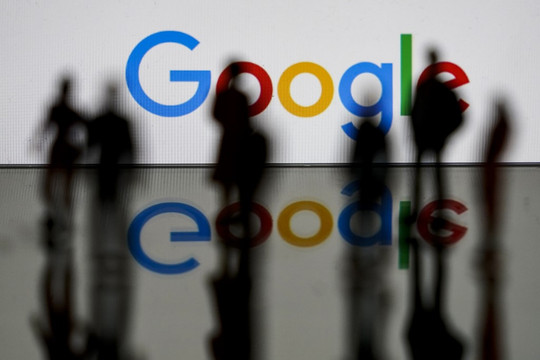The ACCC’s draft bargaining code is regarded as an overdue step to force Google, Facebook and other digital platforms to compensate media organisations for their content. The decision for the mandatory code comes after negotiations between digital platforms, the ACCC and media companies stalled in April, and media organisations experienced a sharp fall in ad revenue due to Covid-19.
There are still concerns about the distribution of the compensation and how smaller publications and creators will be able to benefit from it. There are particular concerns for regional newspapers and other innovative outlets that have been drastically impacted by the Covid-19 crisis.
Large publishers of Australia’s major newspapers and websites are supportive of the changes as they are set to benefit most from the mandatory code. The MEAA has been more cautious in welcoming the development, saying regional journalists may miss out. The ACCC will seek feedback on an exposure draft of the legislation, with comment due back by the end of August.
MEAA’s Media President Marcus Strom said: “The closure of so many regional newspapers in recent months demonstrates how precarious the battle for survival is for smaller media outlets. Regional media should benefit from the proposed code. We will need to review this issue in consultation with regional media outlets and our members.”
The IFJ said: “This code is setting a precedent for the future of the media at a crucial time for the survival of independent journalism in the world. But the code also needs to be fair and inclusive, particularly of regional and local news outlets, to ensure a sustainable future for public interest journalism in Australia.”

